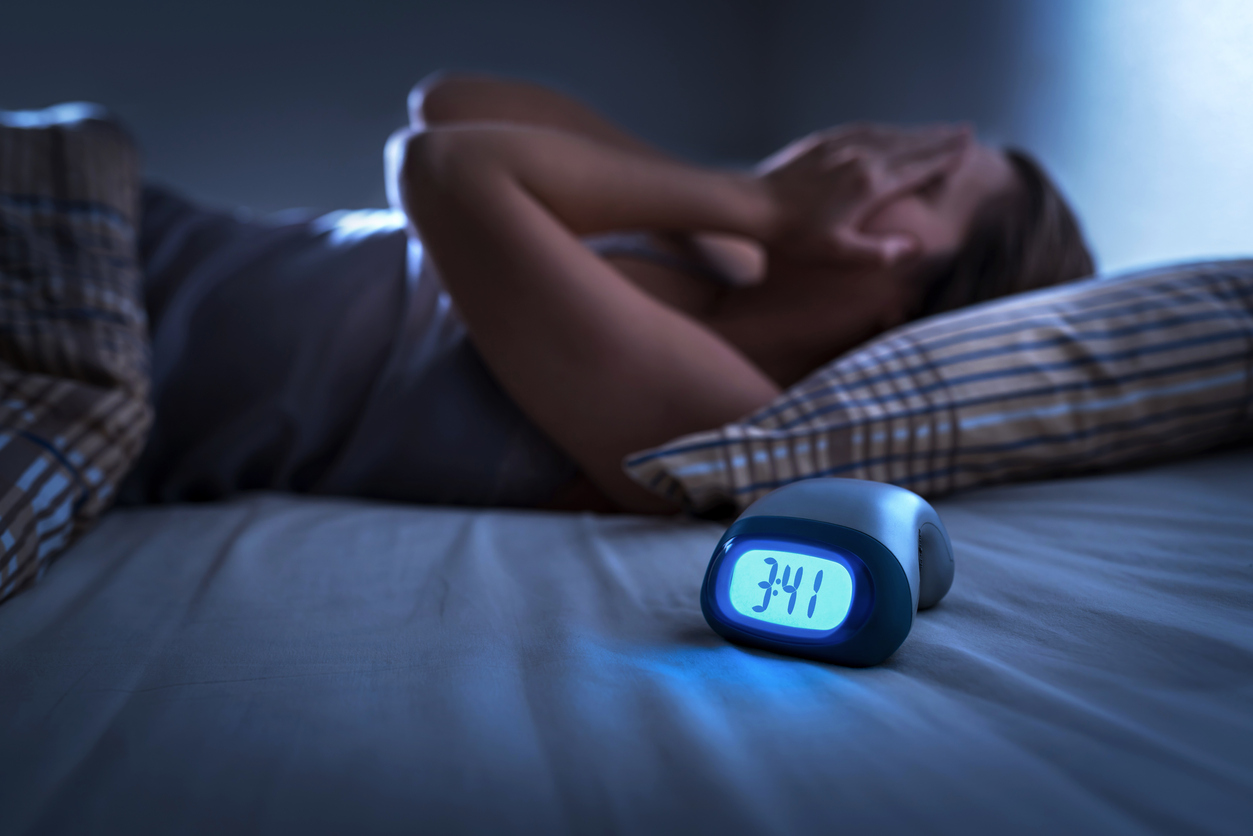Sleep Disorder
Introduction
Sleep disorders are conditions that affect the quality, timing, and duration of sleep, leading to daytime distress and impaired functioning. While everyone may experience occasional sleep problems, chronic sleep disorders can have serious impacts on mental, emotional, and physical health. Common sleep disorders include insomnia, sleep apnea, restless legs syndrome, narcolepsy, and circadian rhythm disorders.
Symptoms
Sleep disorders can present in a variety of ways depending on the type of condition. Common symptoms include:
- Difficulty falling asleep or staying asleep
- Excessive daytime sleepiness or fatigue
- Loud snoring or choking sounds during sleep
- Irregular breathing or pauses in breathing
- Restless movements or uncomfortable sensations in the legs
- Difficulty concentrating or memory problems
- Mood swings, irritability, or depression
If these symptoms persist over time, it's important to seek medical evaluation.
Common Triggers
Several factors can trigger or worsen sleep disorders:
- Stress and anxiety
- Poor sleep habits (irregular schedule, screen use before bed)
- Medical conditions (e.g., chronic pain, asthma, depression)
- Caffeine, alcohol, or nicotine use
- Shift work or frequent travel across time zones
- Genetics (some sleep disorders may run in families)
Understanding the underlying cause can help guide effective treatment.
Screening & Diagnosis
To diagnose a sleep disorder, doctors may use a combination of history-taking, sleep studies, and physical exams:
- Sleep diary: Tracking sleep patterns and symptoms over time
- Polysomnography (sleep study): Measures brain waves, breathing, and movement during sleep
- Home sleep apnea test: For diagnosing obstructive sleep apnea
- Actigraphy: A wearable device that tracks sleep-wake cycles
- Questionnaires: Like the Epworth Sleepiness Scale or Insomnia Severity Index
These tools help identify specific sleep problems and guide treatment planning.
Treatment
Treatment depends on the type and cause of the sleep disorder. Options may include:
- Lifestyle changes: Improving sleep hygiene, reducing screen time, and sticking to a regular schedule
- Cognitive Behavioral Therapy for Insomnia (CBT-I): A highly effective treatment for chronic insomnia
- Medications: Sleep aids, melatonin, or medications for underlying conditions
- Breathing devices: CPAP machines for obstructive sleep apnea
- Light therapy: For circadian rhythm disorders
- Physical therapy or iron supplements: For restless legs syndrome
A sleep specialist can recommend the most suitable approach for each individual.
Prevention
While not all sleep disorders can be prevented, good habits can significantly lower the risk:
- Stick to a consistent sleep schedule—even on weekends
- Create a relaxing bedtime routine
- Avoid caffeine, heavy meals, and electronics before bed
- Keep your bedroom quiet, dark, and cool
- Exercise regularly but not close to bedtime
- Manage stress through relaxation techniques or counseling
Taking these steps can support healthy and restorative sleep.
When to Seek Medical Attention
It’s important to consult a healthcare provider if you:
- Have difficulty falling or staying asleep for more than a few weeks
- Snore loudly or stop breathing during sleep
- Feel excessively sleepy during the day despite enough sleep
- Experience unusual movements or behaviors during sleep
- Suffer from frequent nightmares or night terrors
- Have trouble concentrating, remembering things, or staying alert
Early diagnosis and treatment of sleep disorders can dramatically improve your quality of life and overall health.
